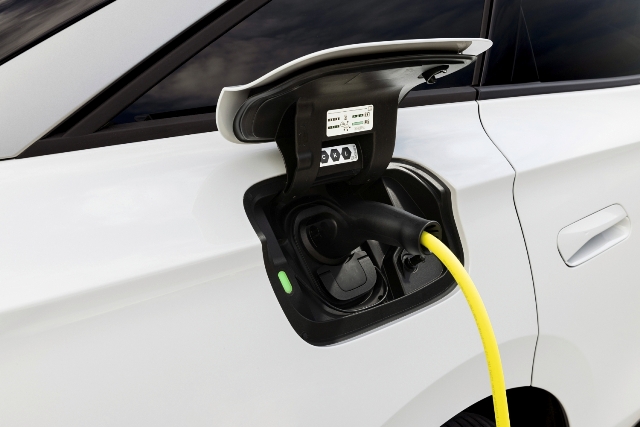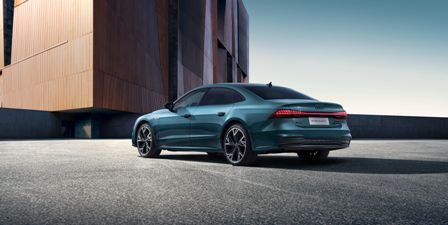
Volkswagen delivered 42% more all-electric vehicles in the first quarter 2023
The Volkswagen Group successfully continued its transition to electric mobility in the first quarter of 2023. By the end of March, deliveries of all-electric vehicles (BEVs) have risen by 42 percent compared to the prior-year period, which was hit harder by supply chain issues. A total of 141,000 BEVs were handed over to customers, up from 99,200 in the first quarter of 2022. BEVs made up 6.9 percent of total deliveries in this period, compared with 5.2 percent in the first three months of the previous year. Europe was the biggest growth driver here with an increase of 68 percent to 98,300 vehicles. The BEV order backlog in Western Europe remains high at over 260,000 vehicles.
Around 70 percent of the Group’s BEV deliveries went to its home region of Europe. China was the Group’s second-largest BEV market with deliveries of 21,500 vehicles (global share: 15 percent). In the United States, 15,700 BEVs were delivered (global share: 11 percent), almost twice as many as in the prior-year period.
By the end of March, the Volkswagen Passenger Cars brand has delivered 70,000 vehicles, around half of all the Group’s BEVs. This was followed by Audi with 34,600 vehicles (Group share: 25 percent), ŠKODA with 12,400 vehicles (Group share: 9 percent), SEAT/CUPRA with 9,200 vehicles (Group share: 6 percent), Porsche with 9,200 vehicles (Group share: 6 percent) and Volkswagen Commercial Vehicles with 5,500 vehicles (Group share: 4 percent).

The most successful BEV models in the first quarter of 2023 were:
Volkswagen ID.4/ID.5 41,900
Volkswagen ID.32 23,600
Audi Q4 e-tron (incl. Sportback) 21,300
ŠKODA Enyaq iV (incl. Coupé) 12,400
Audi e-tron/Q8 e-tron (incl. Sportback) 9,700

Information Source: Read More “
Energy Monitors , Electric Power , Natural Gas , Oil , Climate , Renewable , Wind , Transition , LPG , Solar , Electric , Biomass , Sustainability , Oil Price , Electric Vehicles,

